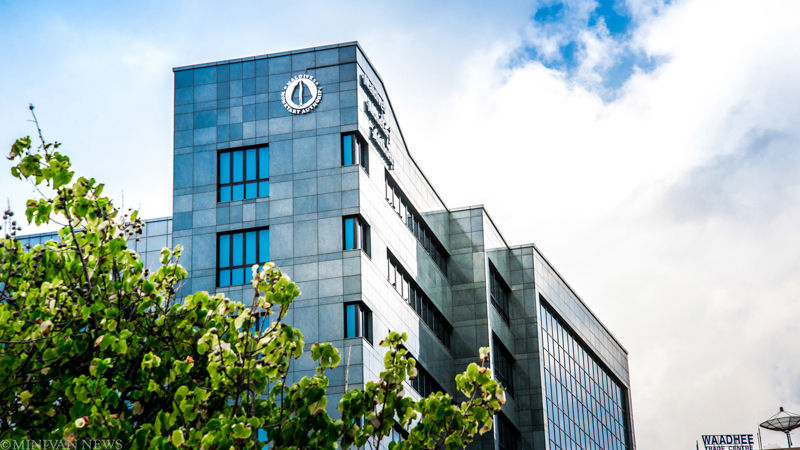Maldives secured US$100m from India to shore up depleted reserve
The agreement with the Reserve Bank of India was the Maldives’ first currency swap deal.

14 Feb 2017, 09:00
The Maldives Monetary Authority secured in December a currency swap deal worth US$100 million from the Indian central bank to shore up depleted foreign currency reserves.
The agreement with the Reserve Bank of India was the Maldives’ first currency swap deal.
The country’s international reserve was severely depleted after the central bank bought a US$140 million bond from the state-owned airport company to help raise funds to compensate Indian developer GMR, which was owed US$271 million in damages for the cancellation of its contract to develop the main international airport.
Under the swap agreement with the RBI, the Maldivian central bank was allowed to draw up to US$100 million after issuing a guarantee of MVR1.5 billion, the equivalent amount in local currency.
Become a member
Get full access to our archive and personalise your experience.
Already a member?
Discussion
No comments yet. Be the first to share your thoughts!
No comments yet. Be the first to join the conversation!
Join the Conversation
Sign in to share your thoughts under an alias and take part in the discussion. Independent journalism thrives on open, respectful debate — your voice matters.




